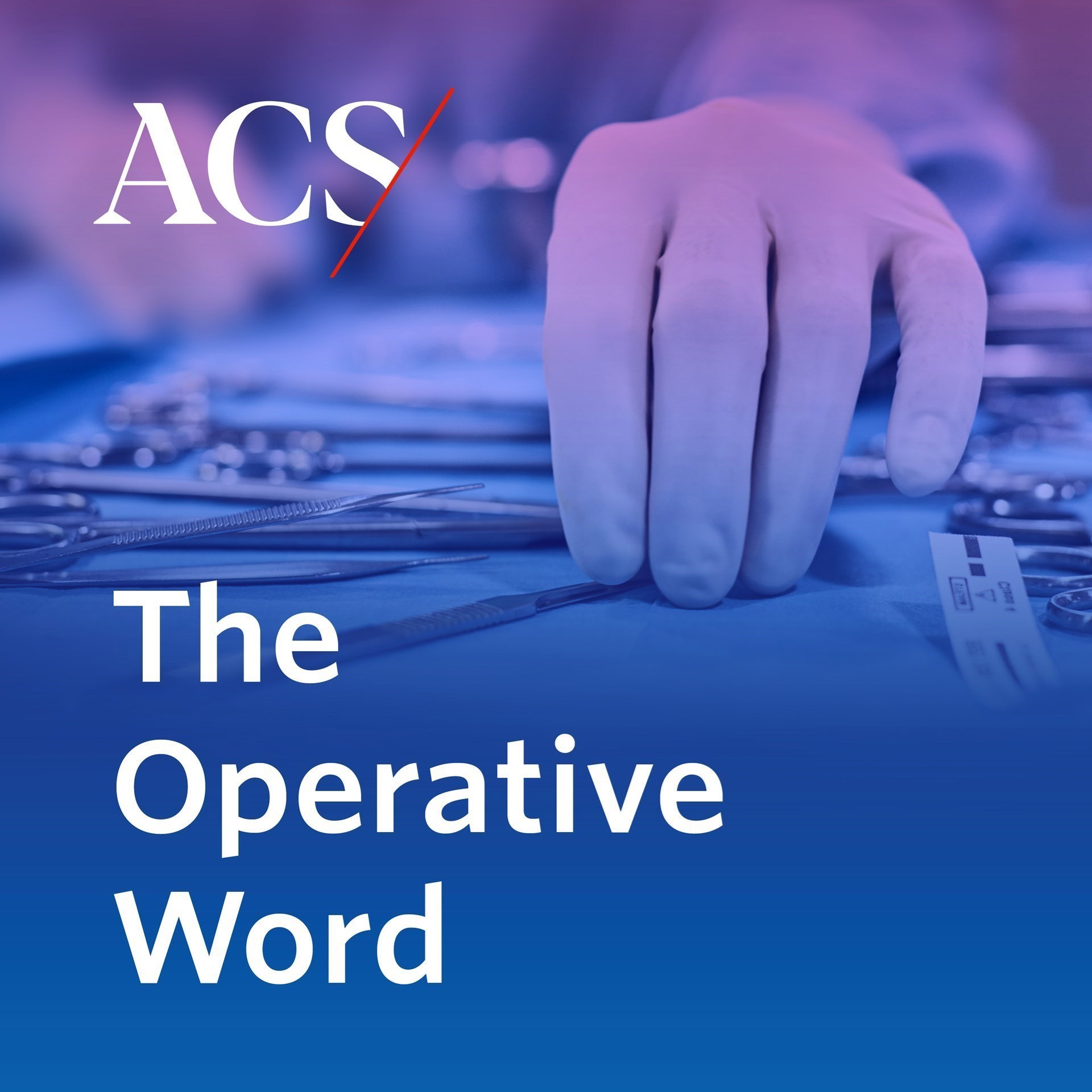Omicron Boosters Imminent
As fall approaches and a new surge in COVID-19 cases is expected, increased attention is being paid to omicron variant-targeted boosters. In a discussion last week hosted by the US Chamber of Commerce Foundation, White House COVID Response Coordinator Ashish Jha, MD, MPH, suggested that the boosters will be available starting in September after an expected smooth authorization process with the US Food and Drug Administration and US Centers for Disease Control and Prevention.
These boosters, made by Pfizer and Modera, will be bivalent and target both the original COVID-19 strain and the more transmissible omicron BA.5 subvariant. They should represent a significant improvement for protecting the population, he said noting, “These are substantial upgrades in our vaccines, in terms of their ability to prevent infection, prevent transmission, and certainly to prevent serious illness.”
Long COVID Affects Mental and Heart Health, New Studies Suggest
Last week saw the release of two research articles on studies examining the impact of long COVID on both mental health and heart health. In a Lancet Psychiatry article, researchers examined the COVID-associated increased risk of neurological and psychiatric sequelae following the acute phase of the illness. They found that while mood and anxiety order risk returned to pre-infection levels, patients previously diagnosed with COVID-19 showed an increased risk of psychotic disorder, cognitive deficit, dementia, and epilepsy and seizures up to 2 years later.
These results may have implications for surgeons, as previous research has found that preexisting dementia can lead to worse surgery outcomes
In addition, a study out of Houston Methodist Hospital, TX, in the Journal of the American College of Cardiology: Cardiovascular Imaging found that individuals who have long COVID may not be getting enough oxygen to their heart when doing strenuous physical activity. This suggests potential damage to endothelial cells, which worked at 20% reduced capacity in participants of this small study. Ongoing damage to endothelial cells in the heart and arteries had not yet been noted in extended timeframes for individuals previously diagnosed COVID-19 patient.
Surgeons may find these results important as patients with unhealthy endothelial cells are at a higher risk for heart failure and needing catheterization and bypass surgery.










